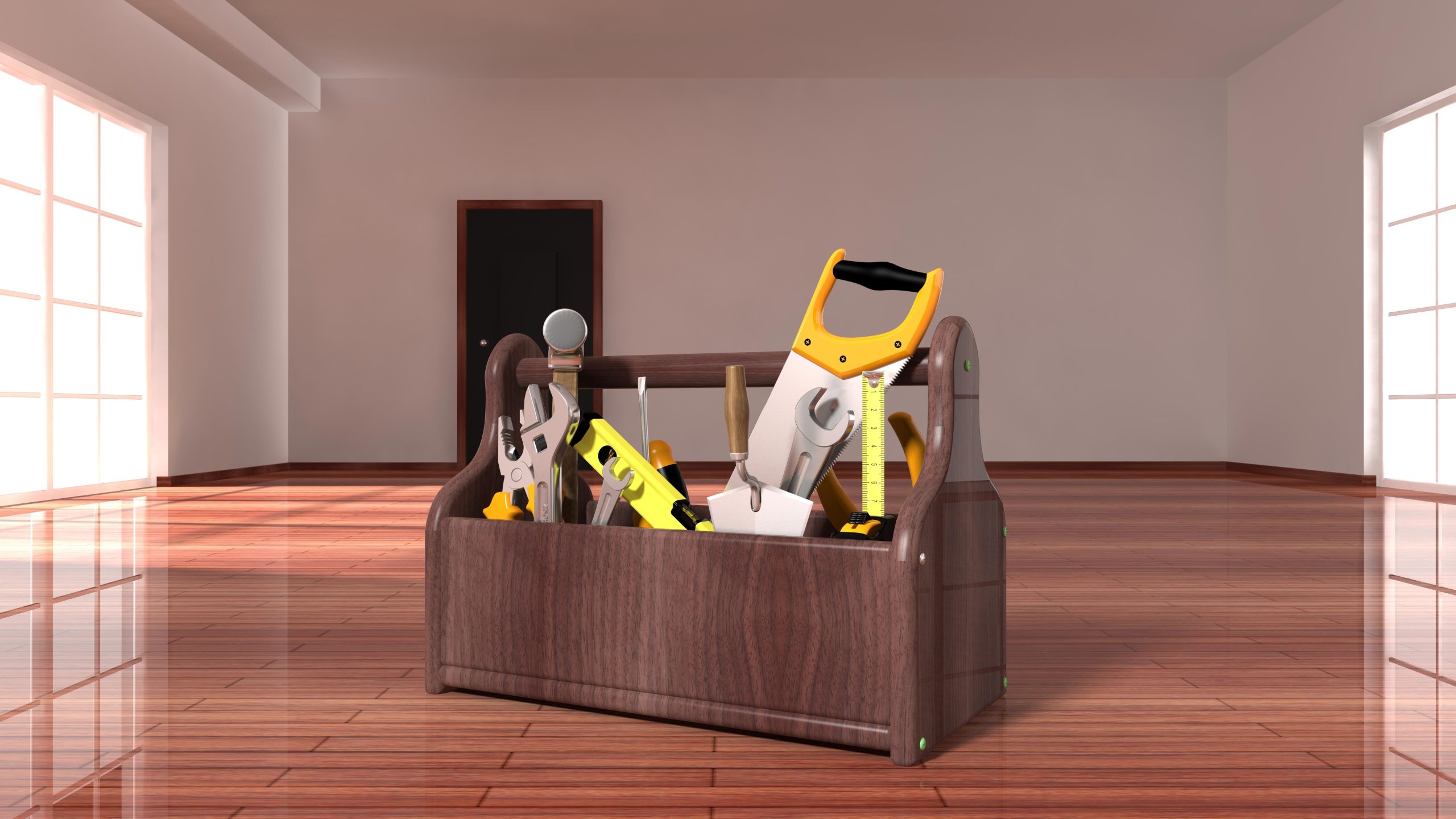Brady Solicitors’ Jonathan Watts looks at a recent case where new wooden flooring was causing a significant noise nuisance to the leaseholders in the flat below and explains why the freeholder was not found liable.
The case of Fouladi v Darout considered liability for a breach of lease that was causing a significant noise nuisance to the property below.
Most long residential leases include a clause allowing the leaseholder to ‘enjoy quiet enjoyment’ of their property. Similarly, there may be provisions (often by way of a regulation) preventing leaseholders putting down hard floor coverings.
In Fouladi v Darout, the upstairs leaseholder and their tenants had taken up the carpets and laid wooden flooring that was causing significant noise and distress to the downstairs leaseholder, impeding their ‘quiet enjoyment’.
The new wooden flooring had been installed in breach of a regulation in the lease, stating ‘floors should be covered with flooring of a suitable material to prevent the transmission of noise’.
Although the freeholder had given permission for renovation work, he did not know they included replacement of the flooring, which he had not consented to. It is worthy of note that it was the tenants who decided to replace the flooring as part of the works.
The downstairs leaseholder sued the freeholder, the upstairs leaseholder and its tenants, seeking an injunction for damages and to get the previous flooring reinstated.
The downstairs leaseholder also claimed that the freeholder was liable for breaching the covenant for quiet enjoyment as the ongoing noise nuisance caused by the wooden flooring was directly caused by the freeholder’s consent to the renovation works.
The judge found that the new flooring had created a nuisance and ordered that remedial works be carried out and awarded damages of £40.18 per day until they were completed. He also made an order restraining the tenants from living in the flat.
The judge also found that the upstairs leaseholder had breached the licence to alter clause in the lease which required the freeholder’s consent to make alterations to the property, including new flooring.
However, the claim against the freeholder for nuisance and breach of the covenant for quiet enjoyment ultimately failed.
A freeholder could be liable for a nuisance caused by his leaseholder but only if he actively or directly participated in it. In this case because the freeholder neither knew about the replacement flooring nor consented to it there was no participation and therefore the nuisance claim failed and so by extension did the claim for breach of the quiet enjoyment covenant.
The downstairs leaseholder appealed but was unsuccessful; the freeholder was not liable as he had not participated in the nuisance.
The upstairs leaseholder and tenants in the upstairs flat also appealed but they too were ultimately unsuccessful.
Although it was clear the upstairs leaseholder had breached the contractual provisions of the lease, the tenants argued that as they were not parties to the long lease those provisions relating to consent for works and the prohibition against wooden flooring did not apply to them and so they could not be liable. But it was their decision to put down wooden flooring which was their undoing. Although they were not contractually liable under the lease, they were liable in nuisance because of their participation as a result of their decision and involvement to put down the wooden flooring.
This case is a reminder that a freeholder will not be found liable for a leaseholder’s nuisance actions unless they had authorised the works or played an active role in them. Awareness of the works is not enough to create a liability for the nuisance action.
However, this should also be a reminder to take care when assessing an application for a licence to alter if the alterations could result in a potential nuisance action.
As with the majority of residential property management disputes, the Fouladi case also highlights the importance of understanding your lease and its covenants and obligations.

